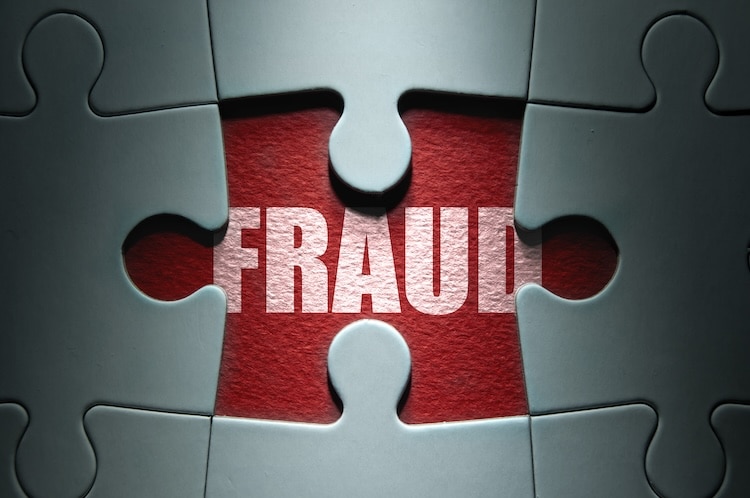
PPP Fraud Investigations
It was three years ago when a dreaded virus, we would later know as COVID, was first introduced to us. Not only did it introduce unknowns to our health, but it instilled fears in us economically and financially. So much that Congress thought it was best to create several COVID financial relief programs for many Americans across the country, including the Paycheck Protection Program (PPP) loan program. And now, we are seeing Paycheck Protection Program – PPP Fraud Investigations
Fast forward to April of 2023, hundreds of news articles were published to inform the public that Congress plans to give the IRS 80 billion dollars in additional funding.
Adding these two things together can only mean one thing: Americans should expect a greater number of criminal investigations for fraud related to COVID financial relief programs, including the PPP loan. This idea was further cemented when former IRS commissioner, Charles P. Rettig, announced at the 2022 RJS Law Tax Institute that ceasing fraud in all COVID financial relief programs and criminally prosecuting those who committed fraud would be a top priority for the IRS.
The topic of PPP loans has gained national interest and notoriety. This is evidenced in the investigation of former CEO of Navatek LLC (now known as PacMar Technologies), Martin Kao, who pleaded guilty to submitting fraudulent PPP loan applications and receiving approximately $12.8 million in PPP funds. This is further noted by the Dallas Morning News report on July 6, 2023, which stated that 14 people were charged in a $53 million fraud scheme related to a Dallas metal recycling firm.
So, what exactly is the IRS looking for when they prosecute PPP loan fraud?
To lawfully have your PPP loan forgiven, at least 60 percent of the loan proceeds needs to be used for payroll, with the remaining portion to be applied towards other related business expenses. Some 90% of business owners claim this is how they used the loan, but the IRS most likely suspects otherwise. As such, the IRS will refer matters to the criminal investigation department if they detect traces of fraud during their civil audits of a PPP loan. A few examples of traces of PPP loan forgiveness fraud include submittal of false certifications, money laundering, conspiracy, making false statements on the PPP loan forgiveness application, and other impermissible uses of the loan proceeds.
These traces of fraud are not only investigated for the forgiveness portion of the PPP loans, but within the application portion as well. When it comes to the PPP loan application, the IRS will tend to look for inconsistent income, hiding of assets and criminal convictions, two sets of books, stacking loans, inflation of headcount, and substantial understatement of income. The greater the number of signs that fraud may have occurred, the more likely the matter will be referred to the criminal investigation department.
These are just a few examples of what the IRS looks for when it comes to prosecuting fraudulent PPP loans. However, through the False Claims Act, the IRS can think of new and innovative ways to prevent this type of malfeasance. Overall, honesty is the best policy when reporting anything to the IRS.
If you have questions regarding PPP Loans, PPP Fraud Investigations, or any related tax issues, both domestic and international, and/or any Trust and Probate matters, the qualified tax and estate planning attorneys at RJS LAW are available to assist you. Please call today for a free consultation and assessment at 619-595-1655. You may also contact us via the web at www.RJSLawfirm.com. We look forward to hearing from you.
Written by Christopher Engelmann

Leave a Reply